Guess Who’s Coming to Dinner
—
As I shared in the sermon this past Sunday, we can discern much from just a few short words and a brief list of names in Acts 13:1. It’s an odd collection of characters who, under ordinary circumstances, would rarely have been listed together. And with the movie of the same name, Sidney Poitier, Spencer Tracy and Katherine Hepburn wrestle with their American culture in the 1960s. Their cringeworthy on-screen struggle could have been similar awkwardness in first century Antioch. Vastly different backgrounds mingle innocently in the words that begin this thirteenth chapter. Luke is subtle, but very clear. And what he shares is an artful continuation of what he began in his first book.
The Gospel of Luke: The gospel story we know as Luke begins telling of Jesus and crowds in and around Galilee. Many are traditional people, ordinary folks who farm and fish for a living. But carefully scattered throughout his narration are others, a diverse gathering of Romans, tax collectors, poor folks, rich folks, women, shepherds, and even Samaritans. Listening closely, we can discern a trend that will continue into his second book.
The Book of Acts: The Gospel of Luke is followed with this decisive work we know as “The Acts of the Apostles” or “Acts” for short. Here he shares an essential slice of early church history. He outlines it cleverly in the first chapter using the words of Jesus as his guide: “And you will be my witnesses in Jerusalem, in Judea and Samaria, and unto the ends of the earth” (Acts 1:8).
Following this outline, Luke takes us on exactly that journey, sharing key stories from local events in Jerusalem (Acts 1-7), regional events in Judea and Samaria (8-10), and more international events heading to Damascus (9), Antioch (11-13), the coast of Turkey (16), cities in Greece, places on the Dalmatian coast , Crete, Malta and more. With his literary guidance, we cross the Aegean, Adriatic, Mediterranean, and Ionian Seas to Rome where the story ends in chapter 28.
Along the way, we hear hints of future travels with the eventual hope of reaching Spain, but Rome, the capital of the empire, is the “unto the ends of the earth” that concludes Luke’s work. Though many scholars believe Luke intended a third volume to continue the story and share further details he fails to cover in this volume, what we hear from his collection in Acts is a sufficient window to understand fully the power of God at work in the every day.
The Growing Drama of the Spirit’s Work: We can see a fairly clear trajectory. Luke presents what amounts to an early church learning curve. He confronts us first with regular people like Peter and John, fisherman who likely only spoke their traditional Aramaic dialect and for whom going to Jerusalem was a frightening venture. God’s Spirit empowers them in unexpected ways. And their inspiring story gradually gives way to the likes of Barnabas, Stephen and Philip, more cultured, well-travelled and linguistically abled than those fishermen from Galilee. In no way does Luke dismiss the importance of each person. The value of Peter and John is equal to that of Paul and Barnabas.
Yet, it is also clear the story line diverges quickly from the hometown folks. Luke wants us to see this movement in a global context. As Acts moves forward and as the gospel spreads, the diversity of the people effected corresponds with the exciting flexibility of the Holy Spirit. Lives are changed. New stories are written. And God’s movement in the world trends increasingly across boundaries, through barriers and around previously insurmountable obstacles. What began as a local, regional commotion with ordinary folks becomes an international, empire changing, history-making phenomenon.
Continuing Implications: The arc of this gospel history continues in our own time. It ebbs and flows, twists and turns. It lifts up, but often gets lost in the broad shuffle of our confusing days. Lives changed by the Spirit periodically stagger under the weight of foolish choices. Selfish positioning often accompanies hypocrisy. Hatred spawns prejudice, oppression, persecution, and war. But the still, small voice, the steady gospel message moves still among us and in unexpected places. The gospel still inspires, convicts, impowers, transforms. Do not lose heart.
Just like in Luke’s story of Acts, you never know when the Spirit is going to break loose. You can never guess who just might show up for dinner. Let’s be ready!
Love,
David
David Jordan
Senior Pastor

